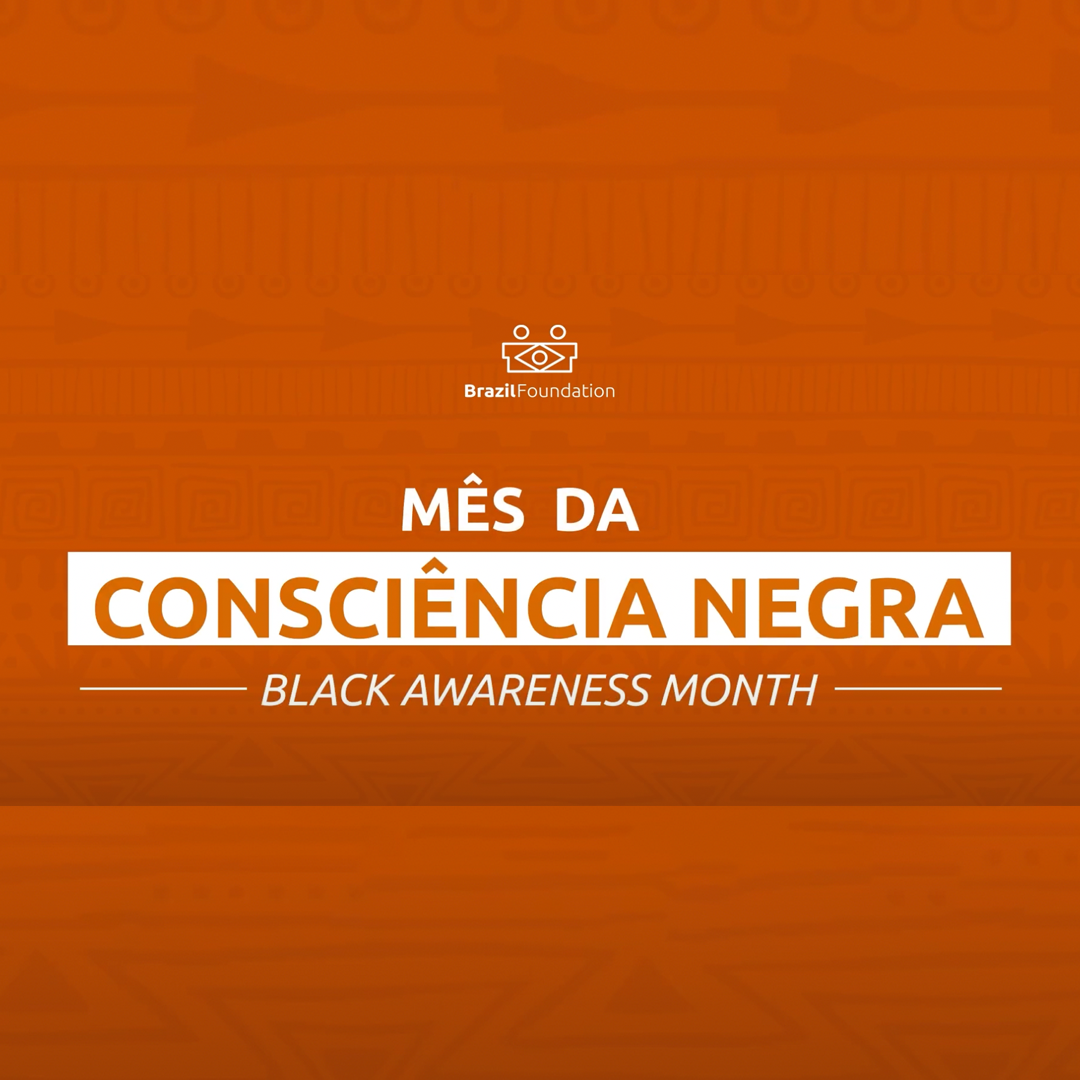On March 3rd, Oswaldo Setti went to BrazilFoundation’s New York office to talk to guests and friends about building low-income houses in an economical and sustainable way – using social technology developed by his NGO to help poor families afford building their homes. Mr. Setti had just returned from Boston, where he had been a guest speaker in the “Bridge Builders Conference,” held by Harvard University’s John F. Kennedy School of Government. There he had the chance to connect with various scholars and colleagues. In his talk at Harvard, Mr. Setti proposed further partnership with the academy which could instigate more research into affordable housing — with respect to technology and materials. The result would be cheaper and sustainable low-income houses for poor people all over the globe. Mr. Setti’s ecological bricks have reduced by 30% the building cost of a low-income house.
BrazilFoundation’s former grantee organization, Ação Moradia (Action for Housing), led by Mr. Setti and his wife, develops ground-breaking technology to help low-income families on the outskirts of Uberlândia access affordable housing through the deployment of traditional community “barn raising” techniques (mutirão). Mr. Setti explained to his New York audience that the building of houses is the culmination of a process which can last up to one year and a half. During this period, his organization holds frequent meetings with the families participating in the program and teaches them how to produce bricks, very basic solar panels, as well as other skills.
In his words, the actions of Ação Moradia are “demand-driven,” and this has caused a broadening of their services to include further educational outreach, such as helping with adult literacy and computer skills. “It is part of our philosophy to provide the community with the means to achieve their own goals,” he said.
To Mr. Setti, the services his organization offers generate a qualitative improvement in the lives of families that cannot be captured by numbers. Given that family members in Ação Moradia program build their houses themselves from scratch (even to the extent of making the bricks), an emotional bond is created in the process, and the resulting feelings of self-worth and community ties lead to a reshaping of identity and self-image. As an example, he cited a mother who started paying more attention to her children’s health and hygiene after participating in a house-building process.
Mr. Setti acknowledged that the support Ação Moradia has received from BrazilFoundation has been instrumental not only in extending his organization’s services, but also in allowing its house-building methodology to be shared and replicated in other places where low-income families need housing urgently.


